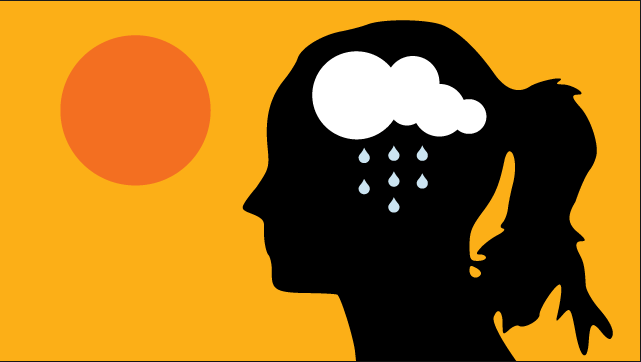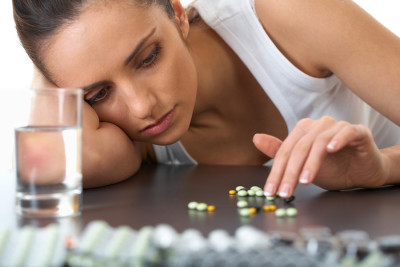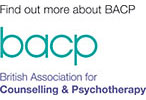
Clients sometimes ask me if they should take antidepressants. It’s an interesting question and there are many answers to this.
We live in a society that offers antidepressants as an automatic solution to correcting a ‘chemical imbalance’ in our brains.
Unlike traditional medicine however, which deals with physical problems of the body, there are no blood tests, brain scans or X-rays that can confirm depression. Yet, the medical establishment and big pharma companies behind the scenes seem to brandish these labels with such certainty.
This month reveals interesting findings of the biggest ever review into the effects of antidepressants http://bit.ly/1nQ2QYO overseen by University College London (UCL). The findings are concerning and reveal harmful side effects particularly for young people.
Dr Joanna Moncrieff from UCL and author of ‘The Myth of the Chemical Cure’ is well known for being critical and outspoken about the efficacy of psychiatric drug treatment. In this article by The Telegraph, Moncrieff is concerned about the ‘depression’ epidemic in the UK.
Whilst the reality of ‘depression’ is generally accepted, there are however different interpretations and narratives about what it means and therefore there is more than one way to treat it.
Whilst there is a place for medical intervention, there is also growing concern that antidepressants are prescribed too easily because of the lack of suitable alternatives. This is not helped by the fact that GPs are under pressure and time short.
Moncrieff, in her book, suggests that the medical model offers a chemical cure to treat and somatise symptoms. Whereas counselling and psychotherapy are natural alternatives to antidepressants and help clients to think about the meaning of their personal experience of distress within the context of their lives, relationships and culture. Or put another way, what’s going on in the client’s life that leaves them feeling like this and leads to a chemical imbalance?
It is believed that antidepressants (or SSRIs) work by increasing the activity of chemicals or neurotransmitters in our brains. One of these is serotonin, which is thought to regulate mood, emotions and other body functions. It is often said that depression is linked to a serotonin imbalance.

However, with no actual way of measuring our serotonin levels, there is a possibility of misdiagnosis. Complex symptoms that are poorly understood may simply be lumped together.
Counselling and psychotherapy takes a whole person approach in those who have complex or persistent problems with depression. Did you know that talking therapy can change our brain chemistry and create new neural pathways? In fact every time we learn something new, our brain chemistry changes…naturally.
As a psychodynamic therapist, I use a whole person approach and work with the ‘person’ and not the ‘label’, be that depression or anything else. Psychodynamic practitioners see depression as an emotional response to an individual’s life situation and help clients explore (in a confidential setting) what their 'depression’ and ‘symptoms’ mean to them.
Clients may say they feel as if they are in a fog or perhaps can’t get out of bed. Men might drink excessively and others find themselves crying but at a loss to explain why. Some clean the house constantly even though it is already clean and tidy. Depression takes many forms. There is no one size fits all and no cookie-cutter solutions!
I try and help clients explore the meaning of their depression in the context of their lives and eventually we make new meaning together and find a way out.
This reminds me of a Radio 4 article I was listening to this week. Stephen Hawking, speaking about black holes in his Reith lectures, said “If you feel you are in a black hole, don’t give up. There is a way out!” And Stephen Hawking is a very clever man!
So the reality is that whilst medication may help bring some temporary relief for some people by improving ‘symptoms’, it does not tackle the underlying cause and is not a long term solution.
Talking therapy, however, is a viable and natural alternative and may even reach the parts that the drugs cannot! Other natural tips to help combat depression include:-
- Lemon is a natural antidepressant. Lemon water can help you cope with high stress levels and a quick suck on a lemon can change your entire mood.
- Try lemon tea or verbena, melissa and also rosemary are said to be helpful. Or make a tea using a blend of these herbs.
- Try diffusing organic essential oils like bergamot, clary sage or Immortelle from Neal’s Yard. You can also use them in the bath to help you relax before going to bed.
- Exercise may help with the ‘symptoms’ of depression although, of course, it won't get to the root cause of the problem.
If you (or someone you know) has been feeling down for more than 2 weeks then speak to your GP who should be able to help you explore your options and may even be able to offer you a limited counselling service in your own surgery.
If you find yourself in a black hole, don’t suffer in silence. Talk to someone…there is a way out. Or talk to me.

